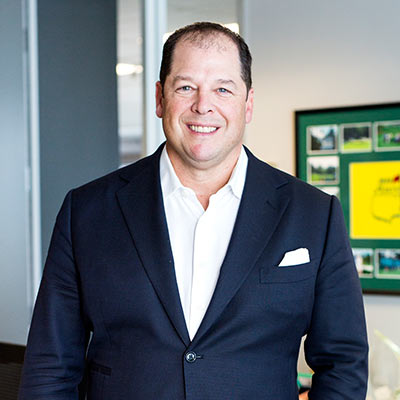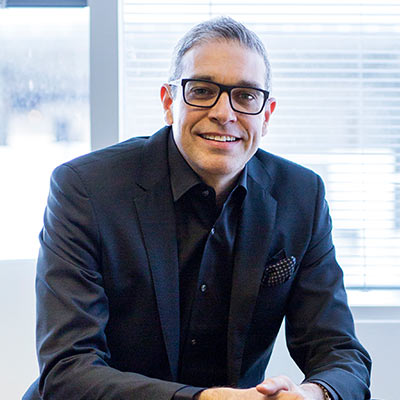In honour of Data Privacy Day, we asked our leadership team to share their perspectives on why data privacy matters and how we can uphold it.

Adam Froman
CEO, Delvinia
We have always looked at data privacy from a user-centric and digital perspective. Early on in our company’s growth, we realized that every digital touchpoint collected data, but to be able to use that information required an ethical and transparent relationship with those sharing their information. In market research, protecting the privacy of personal information has always been the foundation of engaging people to participate in sharing their opinions openly and honesty.
While the ability to track every digital touchpoint is seen as a powerful tool for marketers, we have seen numerous instances over the past few years where using this data without the knowledge of the user has led a company to lose the trust of their users. At Delvinia, we have always considered the approach to data privacy to be based upon building trust with those sharing their data, and our success has been in always communicating with our users how their data will be used and ensuring that their data privacy is protected.
Every modern business is in the business of collecting, protecting and using their customers’ data. To power better experiences, drive growth and be innovative. Businesses need to transform how they do this. Privacy by Design is no longer a nice to have. Your customers expect it.

Steve Mast
President & CIO, Delvinia

Suzanne Costa
COO, Delvinia
Privacy is steeped in history being born from The Universal Declaration of Human Rights (1948). Where the United Nations qualified privacy as a fundamental and universal human right:
No one shall be subjected to arbitrary interference with his privacy, family, home or correspondence, nor to attacks upon his honour and reputation. Everyone has the right to the protection of the law against such interference or attacks
Including privacy as a human right acknowledged the fact that the industrial-scale atrocities seen during the second world war were enabled by using the private information of individuals. A worst-case scenario of what can happen when individuals’ private information is used against them was put front and centre on the world stage.
We should remind ourselves of this every time we conceive of ways to improve life through the access of private data. We must continually ask ourselves, “How else can this potentially be used in a nefarious or disadvantaged way?”. Finding the answer to that question, it is critical that we actively work to protect individuals from these possibilities.
A prime example of this is social media. Originally conceived to be beneficial to the user, the algorithm designed to have users consume more content has begun to have negative consequences. We have seen that social media algorithms provide more extreme content that continuously catches the attention of users, which then causes them to be sent more of it. The use of their data to provide highly-tailored content is contributing to extremely divided and unbalanced opinions.
I am deeply passionate about data privacy because I believe in it as a human right. I also believe that understanding both the benefits and negative consequences of data usage is the best approach when regulating technologies. This will help to manage against potential threats, while still achieving commercial goals.
Working in the market research industry, trust is absolutely everything. That trust is fostered by upholding data privacy at every level. Corporate clients expect data privacy as a basic tenet in research. It’s required to protect them from any breaches that could impact their company. Beyond that, data privacy is fundamental to getting quality feedback from respondents, without which there would be no market research industry.

Raj Manocha
CEO, Methodify by Delvinia

Angela Lau
Chief of Staff, Delvinia
If you pay attention, you hear about a data privacy breach almost every single day. These can involve anything from improper handling or unauthorised collection, use, disclosure, disposal, or retention of personal information. Breaches are alarming in both their frequency and consequences.
While no organisation can ever claim they are completely free from the risk of a privacy or security breach, we at Delvinia work tirelessly to protect the data of our panel members, our clients, and our staff. This is why, in 2018, Delvinia decided to set the bar high and achieve ISO 27001.
For us, this is not just about achieving a certification that we can display on our website. It’s about every single person (including our newest staff members, executive team members, and even our vendors) understanding their responsibility in upholding the most stringent security standards. It’s about continuous improvement and learning from what’s going on in the world. It’s about technological controls and methodologies we can utilize to safeguard our data. It’s also about questioning ourselves, risk assessing and risk treating to ensure we are never complacent. We believe in the importance of information security and we have committed to making this a part of our culture.